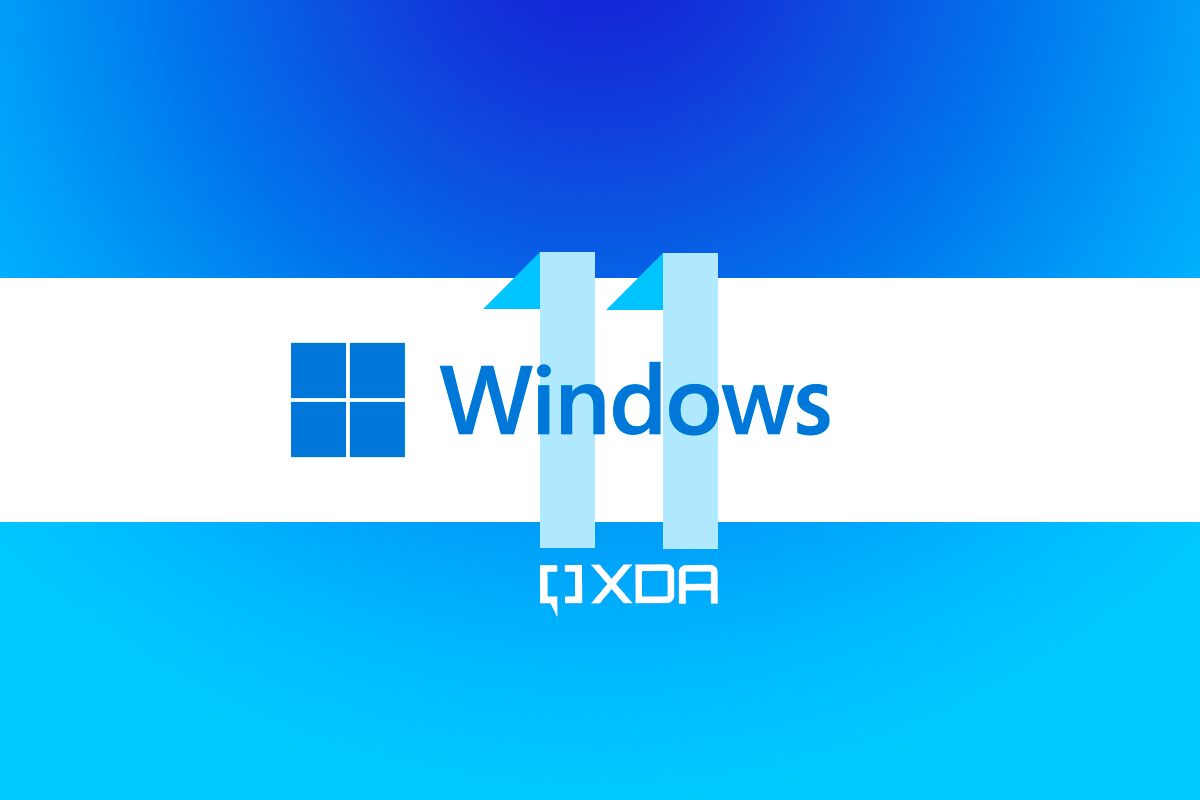Windows 11 is fast approaching, and if you somehow missed it, the system requirements have been an issue for some users. One of the more widely-criticized requirements is the need for a TPM 2.0 chip. Microsoft already required OEMs to include TPM 2.0 support in their pre-built PCs since 2016, but if you custom-built your PC, TPM might be disabled by default. In preparation for Windows 11, ASUS is updating many of its motherboard models to enable the TPM feature built into modern Intel and AMD processors. And it's not the only company doing so.
To be clear, this isn't something users couldn't do by themselves. The option to enable the integrated TPM is available in many BIOS settings, but navigating those pages can be daunting for some users. ASUS is taking the most transparent approach with how it's enabling the TPM chip. There's a whole page dedicated to Windows 11-ready motherboards, and there, you can find downloads for BIOS updates that enable TPM support in their respective processors. Dozens of ASUS motherboard models already have updates available to enable TPM and prepare for Windows 11. Others are still labeled as "under testing", so you may need to wait a little longer.
However, ArsTechnica also notes that ASRock has released some TPM-enabling updates for its own motherboards. If you look through the list of updates here, a lot of them are already focused on enabling TPM support, be it in Intel or AMD processors. It's just a matter of finding your model, or you can always search for it and see if it has received any updates to enable TPM. Of course, there are many more motherboard makers out there, but hopefully, more of them will follow suit.
Keep in mind that these updates aren't magically adding support for Windows 11 and TPM. This is enabling a feature that's already there, just disabled by default. Not every motherboard and processor will support TPM, and thus, you might not be able to get Windows 11. According to Microsoft, Windows 11 is only supported on 8th-generation Intel CPUs or 2nd-generation AMD Ryzen CPUs or newer. Support for the previous generation from each company is still being considered, though.

